US surrenders to Yemen militarily, mulls ‘diplomatic solution’ to Red Sea crisis
By Shabbir Rizvi
The all-encompassing Red Sea blockade enacted by Yemen has redefined the geopolitical dynamics. The act of resistance, prompted by Israel’s genocide against the people of Gaza, has shaken the Tel Aviv regime’s market while dealing a serious blow to the fallacy of American and Israeli invincibility.
It was not long ago when Washington, with its fleet of advanced battleships and aircraft, ensured that its Israeli partners could enjoy free sailing and unfettered access to the world market via the Bab Al-Mandab strait.
Now that sense of security is gone forever. In November, Yemen, led by the Ansarullah movement, began targeting ships linked to the US and Israel with an arsenal of advanced home-grown missiles and drones.
Yemen asserted that these operations will stop the moment the aggression on Gaza stops and aid is allowed in - which is fulfilling its international duty to prevent the crime of genocide under UN law.
The US responded by creating a maritime alliance of dwindling powers and unseasoned militaries to stop the Yemeni military, dubbing the unimpressive operation “Prosperity Guardian.”
Prosperity Guardian fell apart before the first ship sailed. Spain, Italy, France, and Australia rejected specific requests for personnel and warships. Even more pathetically, Estonia decided to send a record-setting one person to assist the US’s embarrassing task force.
The US and UK were left alone to take the lead and carry out aggression on Yemen in retaliation for the blockade imposed on their key ally – the regime in Tel Aviv that lacks legitimacy.
The aggression launched jointly by the US and the UK, coupled with some treacherous Arab regime assistance from Saudi Arabia, the UAE, and Bahrain, began early on January 12th.
Now, less than 4 months into “defending international commerce,” the US is backpedaling.
It was evident last week when US Envoy to Yemen Tim Lenderking made this very revealing remark to Reuters: “We favor a diplomatic solution; we know that there is no military solution.”
Indeed, the United States “military solution” has failed. Despite bombings of civilian infrastructure and the killing of several Yemeni military personnel, Yemen has been able to effectively continue its blockade throughout the US-led aggression.
Not only are Zionist-linked ships targeted with appropriate missiles and drones to prevent access to the Bab Al-Mandab strait, but Yemen has made direct hits against US warships as well.
US officials are also floating the idea of removing Ansarullah from the State Department’s designated lists of terrorist groups, as the State Department hopes to use its power over sanctions and global trade norms to entice Yemen into allowing the return of Zionist commerce.
This is a bloody nose to the image of the United States, whose military bases clutter the region with false promises of security for host countries.
The United States has lost global support, barely able to pull together a task force of interested countries. Now, it cannot even stop a war-torn country by itself, despite engaging in criminal targeting of civilian infrastructure and ports used to bring in food and aid.
The myth of US naval supremacy has been shattered. Furthermore, Yemen’s extraordinary bravery is seen, acknowledged and admired by millions of people around the world who oppose US hegemony.
US officials issued a series of warmongering statements leading into operation “Prosperity Guardian,” but Yemen has humbled it and proved yet again that the US is nothing but a paper tiger.
Yemen survived nearly a decade of US-backed Saudi aggression, which forced conditions such as acute starvation and disease in many parts of the poorest Arab country.
The US State Department removed Ansarullah as a designated terror group in 2021 but returned the label this year as they sought to stop the Yemeni blockade. Yemen has already survived this designation and aggression. And now it is taking it on again in solidarity with the Palestinian cause.
Simultaneously, the US is now in a critical spot. The admission that Yemen cannot be stopped militarily begs the question - what can be done to return trade to normal?
The impacted route has blocked Israel’s third busiest port - the port of Eilat - from conducting any trade. The port has been effectively shut down, with half of its employees being laid off. Eilat has also come under direct attack both from Yemeni drones and rockets as well as ones from the Iraqi resistance.
Since the start of the Red Sea blockade, the port has seen an 85 percent drop in its activity.
Shortly after the US plea for diplomacy, Yemeni spokesman Mohammad Ali al-Houthi announced that Yemen is far from done with its resistance operations.
“From the coast of the Red Sea or from outside it, we can achieve the goals we want in defense of our country and support of Palestine … We still have many military surprises, and there are military operations that we are keeping secret as part of a specific media strategy,” he remarked.
The missiles that have been used against US-Israeli vessels, including warships, are advanced, but they are far from Yemen’s best. In military parades held throughout the years, and even in some of the weekly Friday rallies in support of Palestine, Yemen has displayed some of its powerful weaponry.
Just last month, Ansarullah announced the successful test of a hypersonic missile, something the US does not even have despite much-hyped and much-advertised military prowess.
Yemen’s fierce resistance to US threats has top US admirals re-assessing their own capabilities. In their own admission, the US has not fought a naval battle of this caliber since World War 2.
The United States must now risk embarrassing itself further and strengthening the image of the Axis Resistance or reel in its Zionist partner in crime. Meanwhile, global support for Yemen is surging as the heroic fighters tighten the blockade against US and Israeli-linked ships.
Yemen is not interested in diplomacy with genocidal regimes. As Ansarullah leaders have stated time and again, all that needs to happen for their resistance operations to stop is the withdrawal of Israeli troops from Gaza, a lasting ceasefire, and the entry of humanitarian aid into Gaza.
These demands are clear and firm. Yemen will only double down on its resistance - not falter.
Shabbir Rizvi is a Chicago-based political analyst with a focus on US internal security and foreign policy.
(The views expressed in this article do not necessarily reflect those of Press TV)
Ansarullah mourns Leader's martyrdom as 'great loss' caused by 'most wretched terrorists'
Hezbollah offers condolences to Iranian nation over Leader’s martyrdom
US-Israeli strike targets IRIB facility; broadcasts continue
IRGC: Latest waves of Op. True Promise 4 led to tanker strikes, base shutdowns, heavy casualties
CENTCOM confirms US troops killed in Iran’s retaliatory strikes
China ‘strongly condemns’ US-Israeli assassination of Iran’s Leader
Iran sees no limits in defending itself after Leader's ‘dangerous’ assassination: FM
IRGC strikes USS Abraham Lincoln aircraft carrier with volley of ballistic missiles




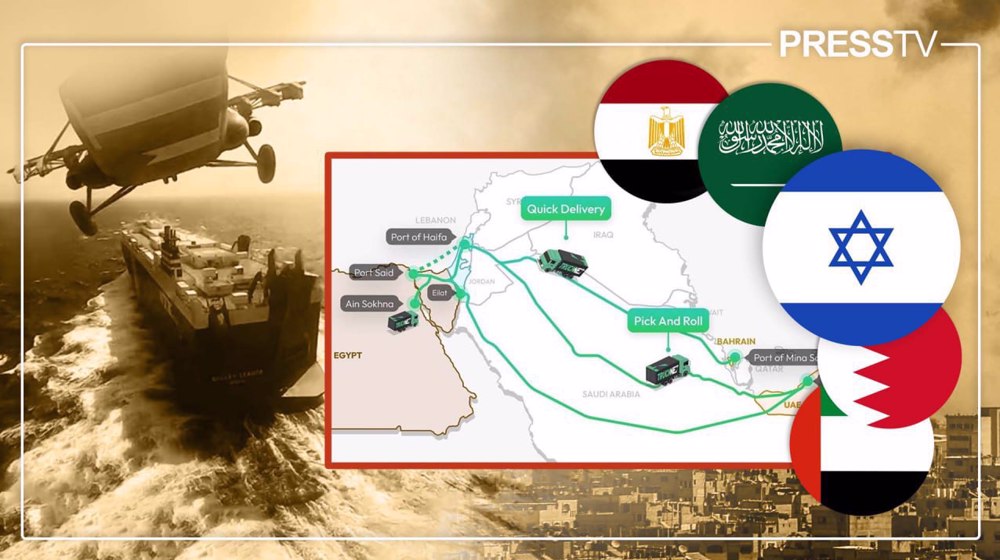
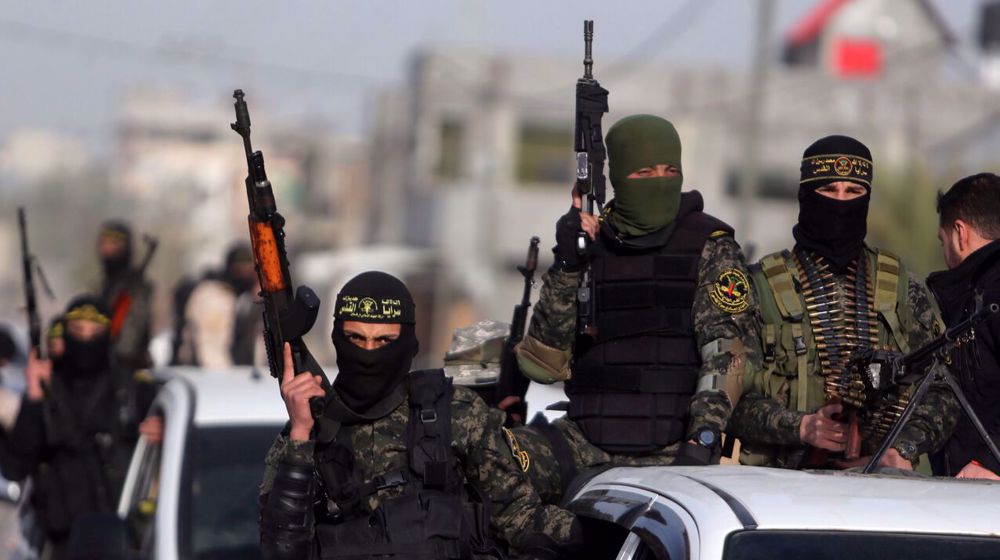
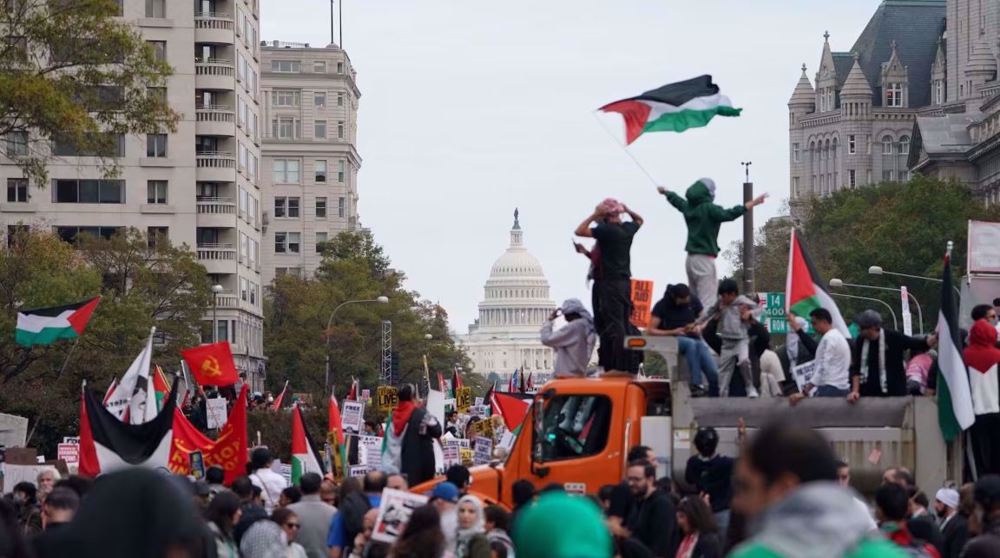






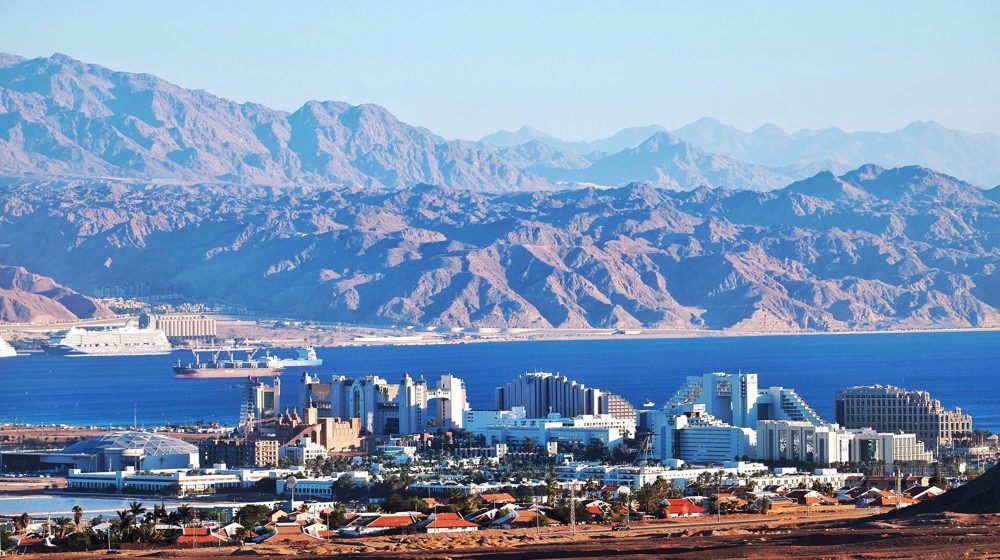
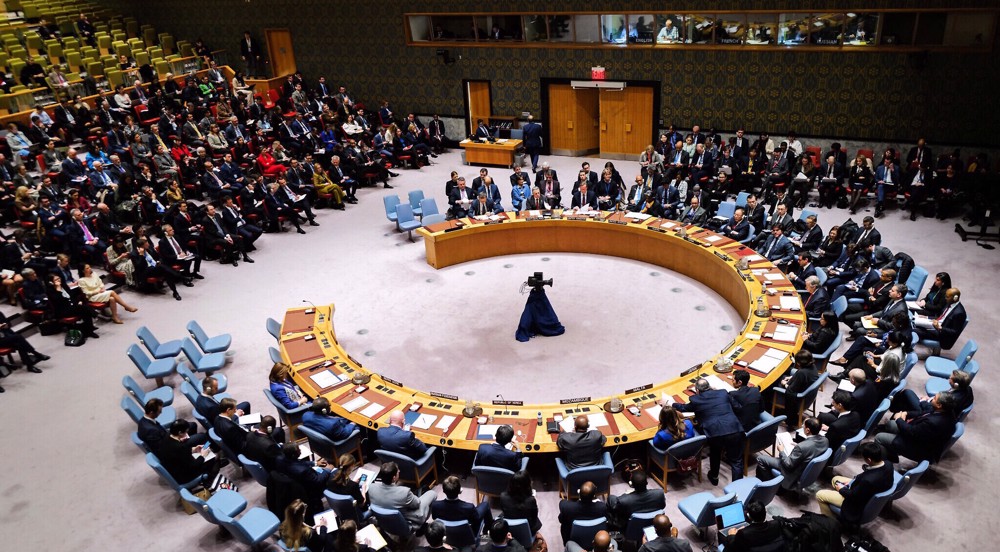
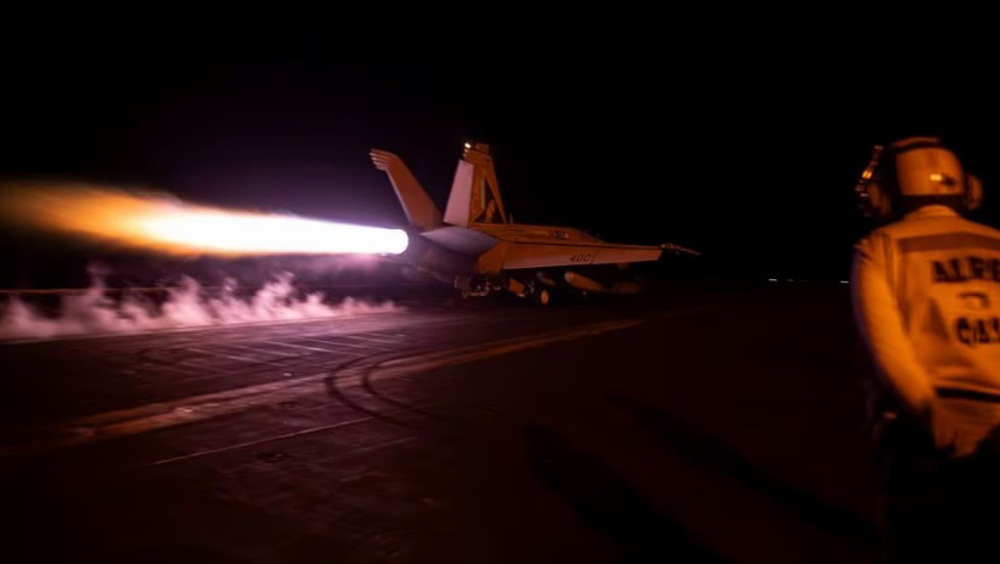

 This makes it easy to access the Press TV website
This makes it easy to access the Press TV website